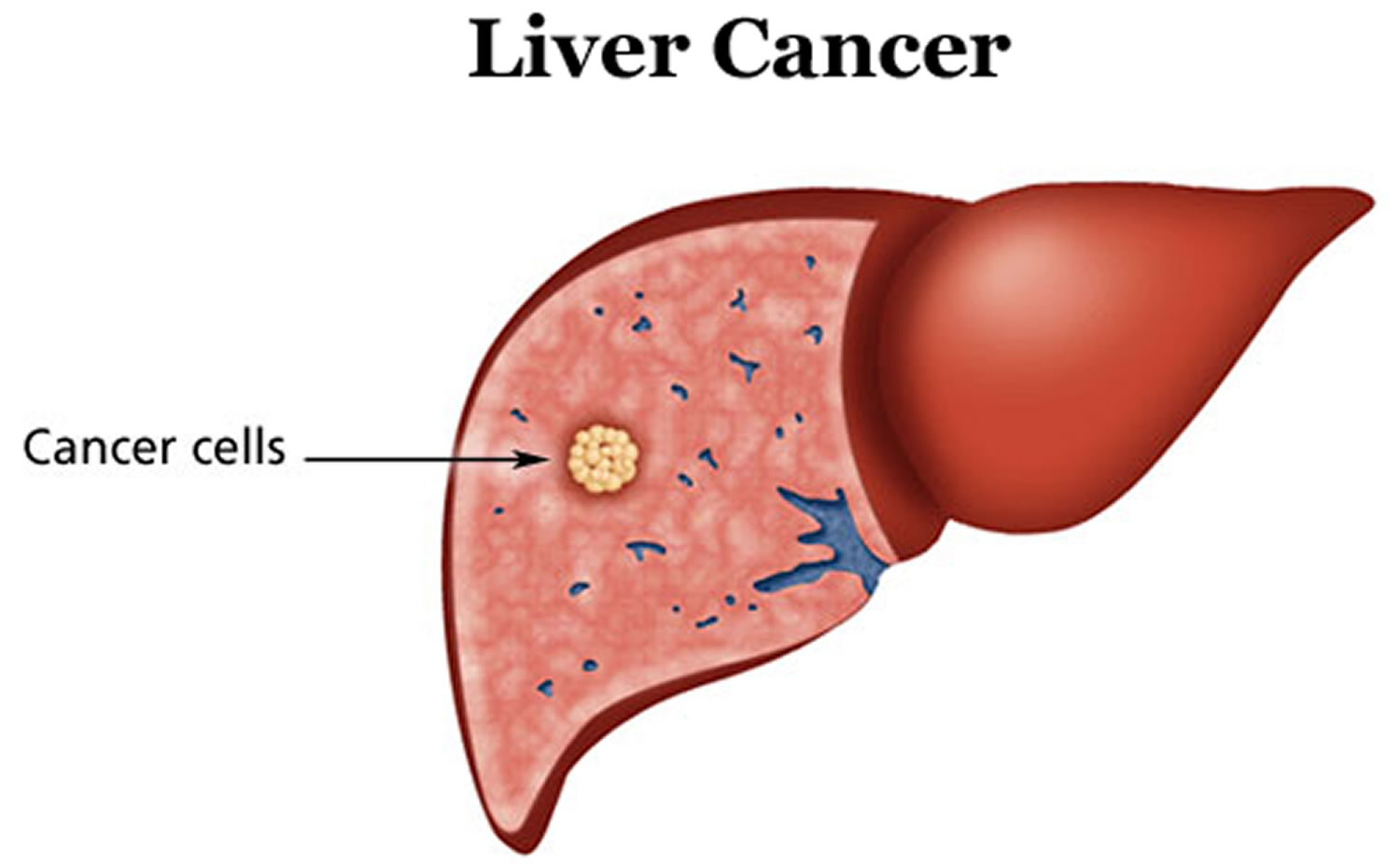The 2025 Breakthrough Prizes have spotlighted the remarkable contributions of three Harvard scientists, acknowledging their pivotal roles in advancing gene editing, multiple sclerosis research, and innovative treatments for obesity and diabetes. Known as the “Oscars of Science,” these prestigious awards celebrate groundbreaking achievements across life sciences, mathematics, and fundamental physics. Among the honorees is Alberto Ascherio, whose extensive research has established a critical link between Epstein-Barr virus infection and multiple sclerosis, paving the way for potential vaccines and effective treatments. Joel Habener’s work on GLP-1 has also reshaped how we approach obesity and Type 2 diabetes, fostering the development of new therapeutic interventions. Additionally, David Liu’s pioneering gene editing techniques are transforming the landscape of genetic medicine, providing hope for the treatment of previously incurable diseases, thus showcasing the significance of the Breakthrough Prizes 2025 in highlighting scientific excellence.
In 2025, the prestigious Breakthrough Prizes paid tribute to innovative minds in the realm of science and health. This esteemed accolade, often regarded as the pinnacle of scientific achievement similar to an Oscar, recognized exemplary work from notable researchers at Harvard University. Pioneering advancements in areas such as gene modification technologies, neurological disease causation, and hormonal treatments underscore the transformative power of science. Celebrated recipients like Alberto Ascherio and his investigations into the Epstein-Barr virus demonstrate the profound impacts of viral research on diseases like multiple sclerosis. Likewise, breakthroughs emerging from GLP-1 studies have significantly altered the approaches to treating obesity and diabetes, illustrating the far-reaching implications of such scientific endeavors.
Significance of the 2025 Breakthrough Prizes
The 2025 Breakthrough Prizes, often referred to as the ‘Oscars of Science,’ have highlighted extraordinary advances in scientific research, particularly in the fields of genetics, immunology, and metabolic health. This year, three Harvard scientists—Alberto Ascherio, Joel Habener, and David Liu—were awarded for their groundbreaking contributions, which underscore the importance of interdisciplinary collaboration in addressing some of the most pressing health challenges. The recognition that accompanies these prizes not only elevates the profiles of the recipients but also encourages ongoing research into critical diseases, such as multiple sclerosis and diabetes, which together affect millions globally.
By bringing attention to work involving gene editing technologies and hormonal discoveries, the Breakthrough Prizes play a pivotal role in fostering innovation in medicine and public health. Researchers like Ascherio have made strides in elucidating the link between Epstein-Barr virus and multiple sclerosis, paving the way for potential vaccines. Similarly, Habener’s work on GLP-1 therapies represents a monumental shift in treating Type 2 diabetes and obesity, thereby positively impacting patient lives. Ultimately, these accolades serve to inspire future generations of scientists to pursue transformative research that can lead to improved diagnostics and treatments.
Alberto Ascherio’s Groundbreaking Research on MS
Alberto Ascherio’s award-winning research has fundamentally altered the landscape of multiple sclerosis (MS) studies. By establishing a strong link between Epstein-Barr virus and the risk of developing MS, his findings create a critical understanding of disease etiology. Ascherio’s methodology, which included tracking health data from over 10 million U.S. soldiers for two decades, highlights the meticulous approach needed to uncover causal relationships in complex diseases. This breakthrough has not only cemented his position as a leading figure in epidemiology but also opened doors to potential preventive measures against MS.
The implications of Ascherio’s work extend far beyond academic recognition; they offer hope for millions living with MS. His research has fueled the development of targeted vaccines aimed at the Epstein-Barr virus, potentially altering the future trajectory of MS treatment and prevention. This innovative work exemplifies how scientific inquiry can lead to practical healthcare solutions, guiding both policy and funding priorities toward combating neurodegenerative diseases. As more researchers build on his findings, there is potential for substantial advancements in both treatment modalities and patient outcomes.
Joel Habener’s Contributions to GLP-1 Treatments
Joel Habener’s research on glucagon-like peptide-1 (GLP-1) represents a significant leap forward in our understanding of metabolic health and its regulatory mechanisms. By elucidating how GLP-1 functions across various organ systems, his work has laid the groundwork for GLP-1-based therapies that have transformed the management of Type 2 diabetes and obesity. The ability of GLP-1 to modulate insulin secretion, appetite, and digestion positions it as a multitasking hormone that can address multiple facets of metabolic disorders.
With the global obesity epidemic on the rise, Habener’s advancements come at a critical time. The therapeutic strategies arising from his research have not only improved glycemic control but also encouraged weight loss in patients, demonstrating a holistic approach to treatment. As the healthcare community continues to explore the potential of GLP-1 receptors, Habener’s contributions underscore the value of innovative research in developing more effective and comprehensive treatment options for chronic diseases.
David Liu’s Innovations in Gene Editing
David Liu’s trailblazing work in gene editing through techniques such as base editing and prime editing has revolutionized our approach to genetic disorders. By offering precise methods to correct disease-causing mutations, Liu’s technologies have the potential to address a myriad of genetic issues at their root. The significance of these advancements is underscored by the fact that his methodologies are currently being tested in numerous clinical trials, showcasing their practical application and promise in real-world settings.
The ability to perform targeted genetic modifications with minimal off-target effects represents a transformative moment in genetic engineering. Liu emphasizes the collaborative effort behind these innovations, recognizing the valued contributions of graduate students and postdoctoral researchers in pushing the boundaries of what is possible in the realm of healthcare. As the biotechnology field continues to expand the capabilities of gene editing, Liu’s work stands as a testament to the potential for curing hereditary diseases and improving the overall quality of life for patients diagnosed with genetic conditions.
The Impact of Breakthrough Prizes on Scientific Research
The Breakthrough Prizes serve a dual purpose: they honor outstanding contributions in scientific research and catalyze further investigations in their respective fields. As this year’s recipients acknowledge the significance of their achievements, the broader scientific community benefits from increased visibility and funding opportunities. The recognition of works related to gene editing and metabolic diseases allows researchers to secure grants and support, directly impacting the pace of innovation and the discovery of new treatments.
Beyond immediate funding, the prizes inspire young scientists to pursue ambitious research goals, igniting a passion for learning and discovery in life sciences. With the spotlight on research that connects Epstein-Barr virus to MS and the metabolic effects of GLP-1, future scientists may feel motivated to investigate similar pathways and diseases. This cycle of recognition and encouragement creates a robust ecosystem for scientific exploration, necessary for tackling complex health challenges in the modern world.
Exploring New Frontiers in MS and Diabetes Research
Current research efforts in tackling diseases like multiple sclerosis and diabetes are increasingly focused on understanding underlying biological mechanisms. The intersection of viral infections, such as Epstein-Barr virus, with chronic inflammatory conditions opens new avenues for investigation. Increased awareness of these connections can drive innovation in diagnostics and preventive strategies, highlighting how critical it is to look at diseases holistically rather than in isolation.
In addition, with breakthroughs in GLP-1 treatments, researchers are now exploring other hormonal treatments that could further complement diabetes management. Combining traditional approaches with novel interventions can significantly enhance treatment efficacy and ultimately lead to improved patient outcomes. As science progresses, the potential for discovering interconnected solutions to diabetes and MS stands to reshape treatment landscapes across the globe.
The Future of Gene Editing and Therapy
As gene editing technologies continue to evolve, the future holds a plethora of possibilities for therapeutic interventions. Techniques developed by David Liu herald a new era of personalized medicine, where genetic modifications can be tailored to individual patients. As trials expand, there is a growing anticipation around the potential to cure genetic disorders that have long been deemed incurable. Increased funding and interest in technologies like base editing and prime editing will likely accelerate advancements, bringing us closer to transforming theoretical concepts into practical realities.
Moreover, ethical considerations surrounding gene editing are paramount as we navigate this uncharted territory. As researchers and policymakers grapple with the ramifications of modifying genetic material, ongoing discussions about safety, accessibility, and ethical practices will shape future guidelines. The engagement of the broader community in these conversations ensures that advancements contribute positively to society while minimizing risks. Thus, the future of gene editing is one of cautious optimism, armed with groundbreaking potential and an awareness of its profound impact.
Challenges in Multiple Sclerosis Research
Researching complex diseases like multiple sclerosis presents formidable challenges, not least of which is the disease’s heterogeneous nature. The variability in how MS affects individuals complicates diagnosis and treatment efforts, making targeted therapies essential yet difficult to develop. Ascherio’s identification of Epstein-Barr virus as a major player in MS could help streamline research efforts; however, translating findings into clinical practice will require further investigation into the mechanics of the disease.
In addition, funding and resource allocation often dictate the speed and scope of research initiatives. Getting support for studies that investigate novel links, such as the Epstein-Barr virus’s role in MS, is critical for advancing knowledge and treatment options. The acknowledgment provided by awards like the Breakthrough Prizes can enhance visibility and attract investment, but ongoing advocacy for adequate funding remains essential to address the complexities associated with chronic conditions like multiple sclerosis.
Harnessing Advances in Hormonal Research for Health Benefits
The advancements in hormonal research, particularly regarding GLP-1, reflect a growing understanding of the intricate hormonal signaling involved in metabolism. GLP-1’s multifaceted role in regulating blood sugar levels and appetite highlights the potential benefits of developing hormone-based treatments. As research progresses, integrating hormonal therapies into comprehensive treatment regimens could revolutionize approaches to managing obesity and Type 2 diabetes.
Moreover, understanding the physiological mechanisms that underpin hormone action enables researchers to develop more effective therapeutics. With continuous advancements, future studies may unveil novel hormones or signaling pathways that can further enhance metabolic health. The collaborative endeavors of scientists, like those honored with 2025 Breakthrough Prizes, are integral to this pursuit, collectively aiming to bring groundbreaking solutions to patients struggling with metabolic disorders and related conditions.
Frequently Asked Questions
What was the significance of the Breakthrough Prizes 2025 for Harvard scientists?
The Breakthrough Prizes 2025 celebrated significant advancements in science, particularly recognizing three Harvard scientists—Alberto Ascherio, Joel Habener, and David Liu—for their pioneering work in gene editing, multiple sclerosis research related to the Epstein-Barr virus, and the development of GLP-1 treatments for obesity. This prestigious award highlights their contributions to life sciences and medical research, marking a pivotal moment in these fields.
Who are the Harvard scientists awarded the Breakthrough Prizes 2025, and what did they achieve?
The Breakthrough Prizes 2025 were awarded to three Harvard scientists: Alberto Ascherio was recognized for his groundbreaking research linking Epstein-Barr virus to multiple sclerosis, Joel Habener for his work on GLP-1 hormone and its treatments, and David Liu for his development of revolutionary gene-editing technologies such as base and prime editing, which are transforming medical research and treatment options.
How did Alberto Ascherio contribute to multiple sclerosis research recognized at the Breakthrough Prizes 2025?
Alberto Ascherio’s research demonstrated a strong link between Epstein-Barr virus infection and the development of multiple sclerosis, significantly advancing our understanding of the disease’s etiology. His findings, celebrated at the Breakthrough Prizes 2025, have led to innovative approaches in vaccine development and antibody treatments aimed at preventing MS.
What role does GLP-1 treatment play in obesity, as recognized in the Breakthrough Prizes 2025?
GLP-1 treatments, recognized in the Breakthrough Prizes 2025, are based on hormone research led by Joel Habener. These treatments effectively regulate blood sugar levels and appetite, offering significant benefits for individuals struggling with obesity and Type 2 diabetes, thus revolutionizing approaches to metabolic health.
How have David Liu’s gene editing technologies been recognized at the Breakthrough Prizes 2025?
David Liu was honored at the Breakthrough Prizes 2025 for his development of advanced gene editing technologies, specifically base and prime editing. These innovative platforms have the capability to correct genetic mutations that cause diseases, transforming possibilities in genetic research and clinical applications.
What impact did the Breakthrough Prizes 2025 have on public awareness of scientific advancements?
The Breakthrough Prizes 2025 not only recognized the invaluable contributions of Harvard scientists in addressing major health challenges but also elevated public awareness regarding the importance of research in gene editing, multiple sclerosis, and obesity treatment. This recognition promotes interest and investment in scientific innovation.
What are the main achievements of the Harvard scientists awarded the Breakthrough Prizes 2025?
The main achievements recognized at the Breakthrough Prizes 2025 include Alberto Ascherio’s linking of Epstein-Barr virus to multiple sclerosis, Joel Habener’s contributions to GLP-1 treatments, and David Liu’s groundbreaking gene editing techniques. Collectively, these advancements hold great promise for improving health outcomes worldwide.
| Recipient | Achievements | Impact |
|---|---|---|
| Alberto Ascherio | Demonstrated Epstein-Barr virus as a leading cause of multiple sclerosis (MS) | Transformational evidence leading to vaccine development and treatment options for MS. |
| Joel Habener | Contributed to the discovery of glucagon-like peptide-1 (GLP-1) hormone | Paved the way for GLP-1-based treatments for Type 2 diabetes and obesity. |
| David Liu | Developed gene editing technologies including base and prime editing | Enabled correction of genetic mutations and treatment in clinical trials; significant advancements in genetic disease research. |
Summary
The Breakthrough Prizes 2025 have brought global attention to groundbreaking advancements in health science, with three Harvard scientists at the forefront. Alberto Ascherio, Joel Habener, and David Liu have made transformative contributions, from clarifying the role of Epstein-Barr virus in multiple sclerosis to revolutionary treatments for Type 2 diabetes and powerful gene editing tools. As we celebrate these remarkable achievements, it is evident that the Breakthrough Prizes 2025 not only honor individual excellence but also inspire future innovations that could change the course of medical history.



